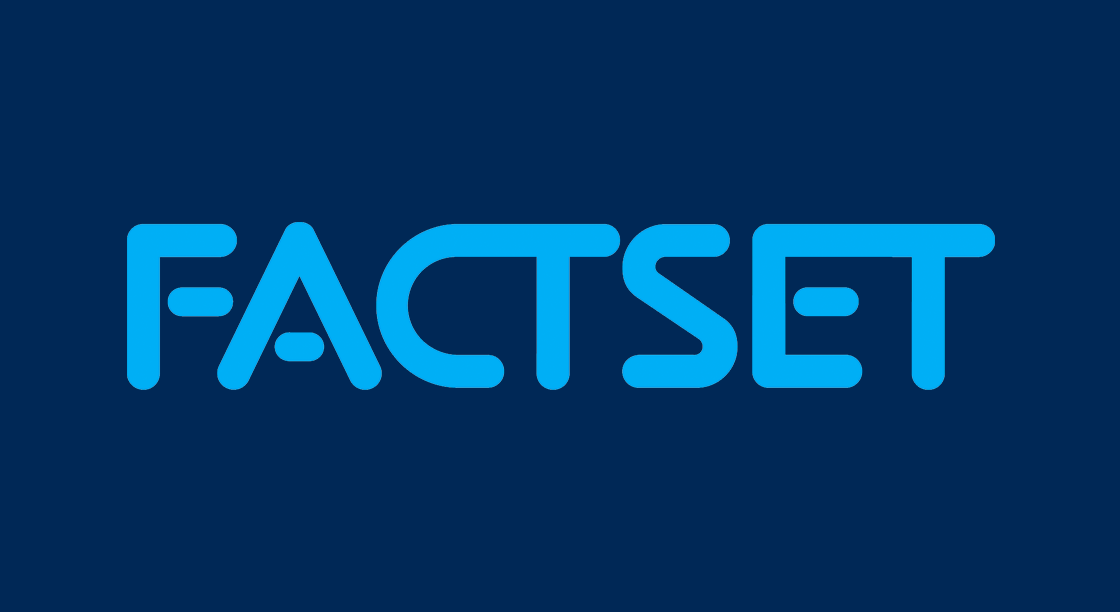
Each month, FactSet's Regulatory team offers a rundown of the most important developments in compliance and regulatory news. Read on to see which stories dominated the conversation last month.
On June 1, Her Majesty’s Treasury (HM Treasury) announced the extension of the Undertakings for the Collective Investment in Transferable Securities (UCITS) exemption from the European Union’s (EU’s) packaged retail and insurance-based investment products (PRIIPs) regulation until December 31, 2026. This means that UCITS funds commercialized in the UK will be able to continue to provide the UCITS key investor information document (KIID) for five more years, before switching to the PRIIPs key information document (KID). Meanwhile, in a May 10 letter to the European Parliament and the Council, Commissioner Mairead McGuinness indicated that the European Commission (EC) will extend the UCITS exemption from PRIIPs and the application of the new PRIIPs regulatory technical standards (RTS) from January 1, 2022, to July 1, 2022.
On June 11, the U.S. Securities and Exchange Commission (SEC) announced the publication of its spring 2021 regulatory and deregulatory rulemaking agenda. The agenda covers short- and long-term priorities, as well as rules at different stages, from pre-rule to final rule. In its announcement, the SEC highlighted the following developments as “notable”:
Following its November 2020 announcement that it would implement a green taxonomy, on June 9, the UK government launched the Green Technical Advisory Group (GTAG) to advise on standards for green investment. The GTAG will oversee, among other things, the delivery of a “Green Taxonomy”—a common framework setting the bar for investments that can be defined as environmentally sustainable. The government intends to include an energy working group and other expert groups, as required, as part of the GTAG.
The EC released the EU Taxonomy Compass, which visually represents the contents of the EU Taxonomy starting with the EU Taxonomy Climate Delegated Act. It is an online and downloadable tool that is searchable by activity and related criteria across all taxonomy sectors. Additionally, the European Banking Authority (EBA) published a report on ESG risk management and supervision. The report provides a comprehensive proposal on how ESG factors and ESG risks should be included in the regulatory and supervisory framework for credit institutions and investment firms.
The Commission de Surveillance du Secteur Financier (CSSF), Luxembourg’s market regulator, published a circular on the management of climate-related and environmental risks. This circular describes the CSSF’s expectations on how credit institutions shall consider and integrate climate-related and environmental risks into their strategy, governance, and risk management tools, as drivers of existing categories of risks.
The SEBI (Securities and Exchange Board of India) published the format which the top 1,000 listed entities by market capitalization will be required to use for sustainability disclosures, along with guidance on the new reporting requirements. The new Business Responsibility and Sustainability Reports (BRSRs) will contain disclosures relating to ESG risks, sustainability performance, environmental metrics, and social factors.
Singapore’s Green Finance Industry Taskforce (GFIT) convened by the Monetary Authority of Singapore (MAS) issued the following:
On June 16, the U.S. Congress, by a narrow 215-214 vote, passed H.R. 1187, the Corporate Governance Improvement and Investor Protection Act. The act contains 11 titles pertaining to different ESG, climate, and sustainability disclosure topics. The bill is now referred to the Senate Committee on Banking, Housing, and Urban Affairs.
The European Banking Authority (EBA) launched a public consultation on draft RTS for a central database on anti-money laundering and countering the financing of terrorism (AML/CFT) in the EU. This database will be a key tool for the EBA’s recently enhanced mandate to lead, coordinate, and monitor AML/CFT efforts in the European Union.
The EBA also launched a public consultation on its new guidelines that set out how prudential supervisors, AML/CFT supervisors, and financial intelligence units (FIUs) should cooperate and exchange information in relation to AML/CFT. This consultation runs until August 27, 2021.
Marine Hutinel and Nels Ylitalo contributed to this article.

SEC Adopts Amendments to the Names Rule under the Investment Company Act of 1940
On September 20, 2023, the U.S. Securities and Exchange Commission (SEC) adopted amendments to Rule 35d‑1 (the “Names Rule”)...

Demystifying the SEC’s Latest Update to the FAQ of The Marketing Rule
The SEC Marketing Rule was put in place to modernize marketing requirements for investment advisors. The latest update to the...

Uncovering Climate Transition Risk in EU Sustainable Finance Regulation
Sustainability (ESG) risk is a broad new regulatory concept prevalent in EU financial services regulation. Specifically, climate...
The information contained in this article is not investment advice. FactSet does not endorse or recommend any investments and assumes no liability for any consequence relating directly or indirectly to any action or inaction taken based on the information contained in this article.